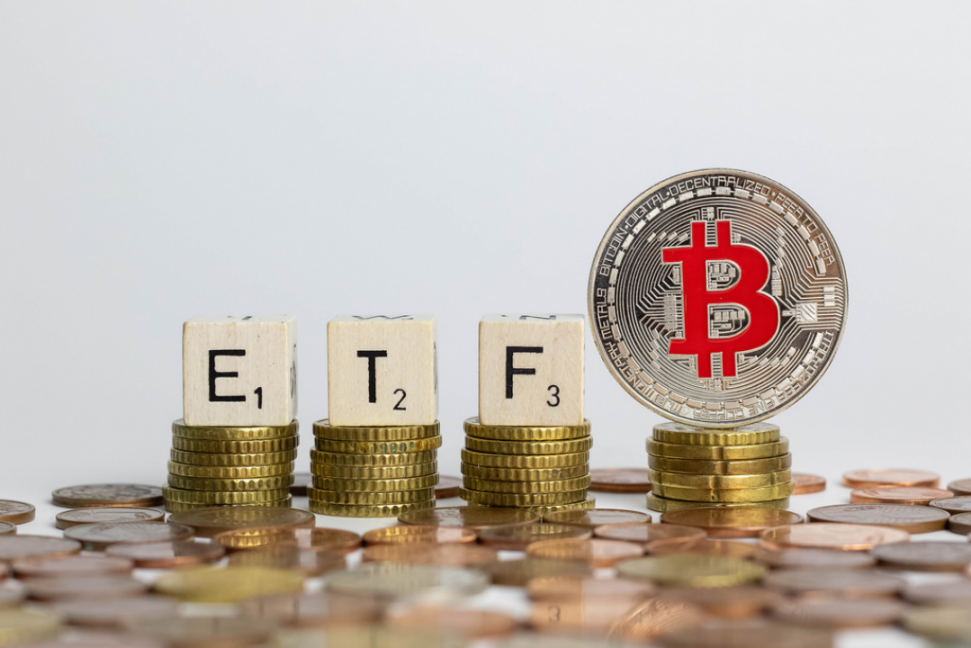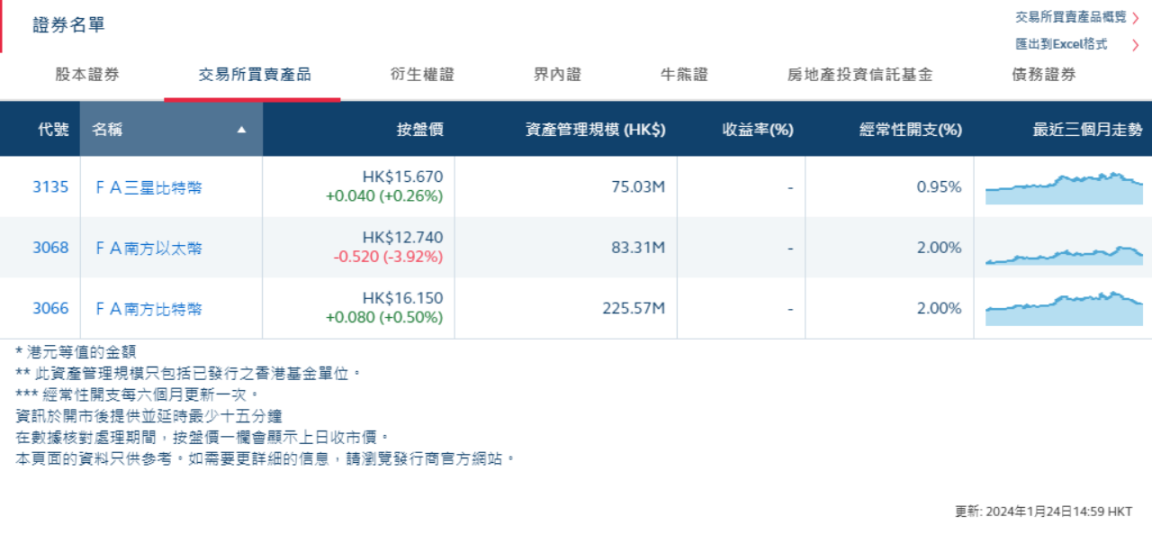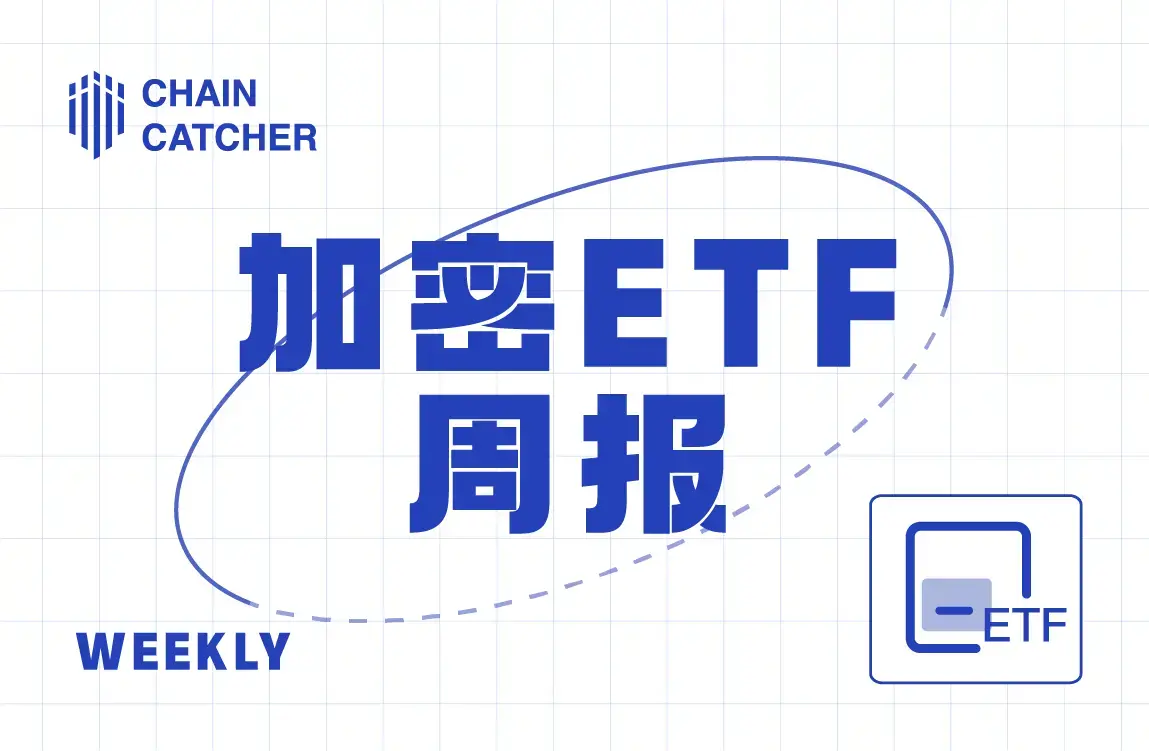When will the Hong Kong BTC spot ETF be listed, following the US?
Written by: IQ Tax Bureau
The approval of Bitcoin spot ETFs by the U.S. Securities and Exchange Commission (SEC) marks a new milestone for the cryptocurrency industry. As these "U.S. stock traders" enter the market, the popularity of Bitcoin ETFs continues to rise, attracting a significant influx of funds. According to BitMEX Research, the net inflow of these 11 Bitcoin ETFs exceeded $2.27 billion just last week (from February 12 to February 16).
It is noteworthy that while these ETFs capture market funds, they also continuously inject new capital into the Bitcoin market. Since the SEC approved 11 spot Bitcoin ETFs on January 10, the price of Bitcoin has increased by more than 10%.
As of February 20, the total net inflow into Bitcoin spot ETFs reached $137 million. GBTC saw a net outflow of $137 million in a single day, while other ETFs, excluding Grayscale, had a total net inflow of $274 million. Among them, the BlackRock ETF IBIT had the highest single-day net inflow, reaching $154 million, accounting for 56% of the total inflow for the day. The trading volume of Bitcoin spot ETFs (excluding GBTC) reached $2 billion, setting a new high since their debut in the U.S. last month.
As of the market close on February 20, the total assets under management of Bitcoin ETFs have exceeded $37 billion. The top three Bitcoin ETFs by assets under management are: GBTC, with $23.567 billion; IBIT, with $5.68 billion; and FBTC, with $4.25 billion.
Now, the baton has been passed to Hong Kong. Donald Day, COO of the Hong Kong-based virtual asset exchange VDX, believes that the SEC's decision will prompt its peers to "seriously consider whether similar ETFs are permissible and desirable." He pointed out that the statement from the Securities and Futures Commission in December last year regarding the preparation to authorize such funds has, in principle, opened the door for issuers to launch spot crypto ETFs in Hong Kong.
The listing of Asia's first virtual asset spot ETF in Hong Kong is getting closer.
Hong Kong Expected to List BTC Spot ETF in Q1
On the same day that the SEC approved the first Bitcoin spot ETF, National Committee member and Hong Kong Legislative Council member Wu Jiezhuang stated that Hong Kong should dare to be a "leader" in the virtual asset field. On one hand, the Hong Kong Securities and Futures Commission has previously indicated its readiness to accept applications for spot Bitcoin ETFs, and the SAR government should expedite the implementation of spot ETFs; on the other hand, there is a need to strengthen education on virtual asset awareness.
Currently, the Hong Kong Bitcoin spot ETF is in the actual advancement stage.
Chen Peiquan, Executive Director of licensed virtual asset broker Victory Securities in Hong Kong, revealed that the U.S. allowing the listing of spot ETFs is seen as a key to connecting virtual currencies with actual exchanges, which will inevitably lead to more investors participating. Several fund companies in Hong Kong are already busy preparing, and it is expected that as early as the first quarter of this year, multiple fund companies will express their intention to apply, or even successfully apply.
In addition, Yibo Financial and New Fire Asset Management have publicly stated that they are preparing for ETF-related applications. Serra Wei, CEO of digital asset custody company Aegis Custody, revealed that the company is negotiating with four asset management companies regarding the listing of spot crypto products in Hong Kong.
Currently, Hong Kong has two BTC futures ETFs and one ETH futures ETF listed, issued by Samsung Asset and Southern Eastern. The former has publicly stated that it "does not rule out exploring the possibility of launching a spot ETF," while the latter has indicated that it will observe market demand before making further considerations.
As Hong Kong gradually establishes and improves its crypto regulatory framework and has approved virtual asset futures ETFs, it has already created the environment and conditions for the listing of Bitcoin spot ETFs. Rob Ren, Head of Securities Product Development at the Hong Kong Stock Exchange, stated that the exchange is ready to seize the opportunities brought by thematic investments and will work closely with issuers and stakeholders to smoothly introduce such new products to the Hong Kong ETF market.
Referring to the approval process for traditional ETFs, as long as the applying institutions for Bitcoin spot ETFs meet regulatory requirements in terms of redemption mechanisms, custody methods, and risk control systems, the birth of Hong Kong's spot virtual asset ETFs could be witnessed in a few weeks to a few months.
Opening a New Era of Virtual Asset Investment
Chen Peiquan pointed out that many investors have been hesitant to invest in virtual currencies, mainly due to not adapting to new investment methods or concerns about investment platforms collapsing. The virtual asset spot ETF can address these two major pain points: on one hand, investors can participate in investments through familiar channels; on the other hand, the Securities and Futures Commission requires institutions issuing spot ETFs to use licensed platforms in Hong Kong, which also have insurance for purchases, ensuring not only investment risk protection but also benefiting the development of local virtual asset platforms and brokers.
Although Hong Kong's pace in launching BTC spot ETFs is slightly behind that of the U.S., the regulatory circular in Hong Kong does not limit applications to just BTC, so it is likely that Hong Kong will expand the categories of virtual asset ETFs in the future, with ETFs for mainstream virtual assets like ETH potentially being the first to be listed.
For market investors, the listing of virtual asset spot ETFs will significantly lower the participation threshold, allowing them to capture the growth dividends of virtual assets in a protected environment without having to personally manage on-chain assets.
For asset management companies, brokers, and funds, they can also seek business growth from the expanding market of virtual asset ETFs, capturing differentiated customer acquisition and opportunities for leapfrogging through new business lines. Institutions that keenly grasp the development phase of virtual assets from niche to mainstream will be able to capture more of the flow dividends brought by new assets.
For the virtual asset market, spot ETFs will continue to draw funds from traditional financial markets, likely ushering in a new growth cycle.
Currently, the three virtual asset futures ETFs in Hong Kong have an asset management scale of approximately HKD 384 million, demonstrating that virtual assets already have a certain market presence in Hong Kong. With improved regulations, enriched products, and an increasing number of participating institutions and investors, Hong Kong's virtual asset spot ETFs are expected to become a major channel for capital inflow in Asia.
Given that many Hong Kong and Chinese financial institutions have AUM reaching hundreds of billions of dollars, even a 1% allocation to virtual assets would bring substantial increments to the virtual asset market. It is expected that in the coming years, the capital scale of Hong Kong's virtual asset spot ETFs could reach tens of billions of dollars. The policy-open Hong Kong will lead a new era of virtual asset investment.












